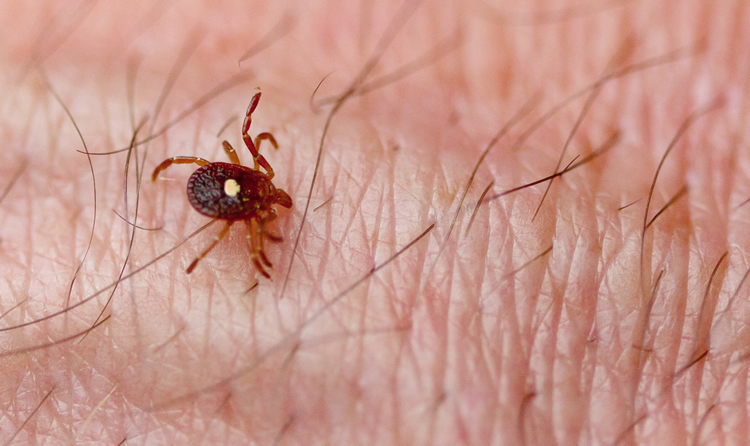Understanding the Science of Tick Attraction: What Makes Ticks Target Humans?
As we venture into nature, enjoying outdoor activities such as hiking, camping, or simply spending time in our backyard, we may unknowingly encounter one of nature’s stealthiest pests – ticks. These blood-sucking arachnids are notorious for transmitting diseases, making it crucial to understand what attracts ticks to humans. Let’s delve into the science behind tick attraction to humans and uncover the factors that make us an irresistible target.

Body Heat and Odor Attract Ticks to Humans
Ticks are sensory creatures that use their keen sense of smell to locate hosts. They are attracted to the heat and odor that our bodies emit. Ticks are equipped with tiny organs called “Haller’s organs” that can detect heat and moisture in the air. When we exhale, we release carbon dioxide, which ticks can detect from a distance. Additionally, our skin produces various chemicals that can be attractive to ticks, such as lactic acid, ammonia, and fatty acids. These combined factors create a trail that ticks can follow to locate their next blood meal.
Movement and Vibrations Attract Ticks to Humans
Ticks are highly sensitive to movement and vibrations, which can signal the presence of a potential host. When we walk, run, or engage in other physical activities, we create vibrations that ticks can detect. Ticks are also known to be attracted to the edges of trails or paths where hosts are likely to pass by. Therefore, areas with increased human activity are more likely to have ticks.
Clothing and Color Attract Ticks to Humans
Ticks are known to crawl up on tall grasses, shrubs, or trees, and wait for a host to pass by. They are sensitive to visual cues and are known to be attracted to certain colors, such as white and light colors. Wearing light-colored clothing can make it easier for ticks to spot and latch onto us. Ticks can easily climb onto clothing that brushes against vegetation as we walk by. Taking precautions, such as wearing long sleeves and pants, and tucking in our clothes can help reduce the risk of ticks crawling onto our skin.
Blood Type Might Attract Ticks to Humans
Ticks might also be attracted to certain blood types. While research on this topic is still ongoing, some studies suggest that ticks may have a preference for certain blood types, such as type O. Blood type may affect the odor and chemicals we release through our skin, which could influence tick attraction. However, more research is needed to fully understand this factor.
Employ Professional Hingham Tick Control at Home – Protect Yourself Away From Home
Ticks are complex creatures that rely on their sensory organs to locate their hosts. A combination of factors such as body heat, odor, movement, clothing, personal hygiene, sweat, and possibly blood type can make humans attractive targets for ticks. Understanding these factors can help us take precautions and reduce the risk of tick bites. If spending time in tick-infested areas, it’s essential to use tick repellents, wear appropriate clothing, conduct thorough tick checks on ourselves and our pets, and promptly remove any ticks that may have attached to our skin. Consulting with a healthcare professional for further guidance on tick bite prevention and tick-borne diseases is also advisable.